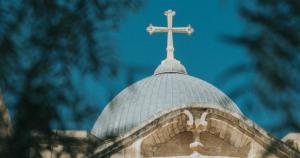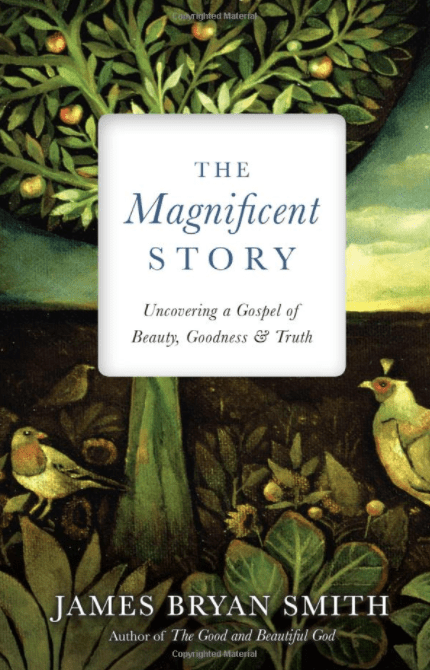 What does it mean when we call something a “Christian classic”? What qualifies something for that category? And what would your short list of such classics be?
What does it mean when we call something a “Christian classic”? What qualifies something for that category? And what would your short list of such classics be?
Where do we begin? I suppose some would say a classic is their pastor’s books; others scan a bit wider and think of contemporaries — like Andy Stanley or Rick Warren or Bill Hybels, or others think of Adam Hamilton. Others think broader yet — like CS Lewis or GK Chesterton or Dorothy Sayers. Other begin to think in terms of the Great Tradition and may well appeal to John Bunyan and The Way of a Pilgrim and Dante’s Divine Comedy and Augustine’s Confessions or St John of the Cross’s Dark Night of the Soul or Teresa of Avila’s Interior Castle.
What ought to be observed here is that this is mostly Catholic or Protestant, and that means it is mostly Western. But besides the classic The Way of a Pilgrim being Eastern, there is an entire tradition that is entirely ignored in this list but deserves to be read. I speak of the Desert Fathers, and my friend and colleague, Brad Nassif, has immersed himself in this tradition, and his newest book, Bringing Jesus to the Desert, is a marvelous and richly-illustrated introduction to the desert fathers and mothers (abbas, ammas). Brad is uniquely qualified to write this short volume, and I consider Zondervan and Gary Burge (editor of the series) to have Brad write in this series.
Brad’s approach is to recognize sacred space and that there was a number of nothing-less-than heroic Christians who reacted to the demise of serious spirituality in the churches by withdrawing into the desert, and there locations — like St George’s in the Judean desert or Saint Sabas near Jerusalem or the famous St Catherine’s monastery at Mount Sinai or St Anthony’s in Egypt. From these famous places emerged some famous saints, and Brad introduces us to the life, personality and teachings of each of the following:
Saint Anthony of Egypt (monastery pictured above), so influential on St Athanasius and St Augustine. He was a transforming presence on others, he taught the transformation of our spiritual intelligence and the transformation of our love.
Saint Markarios of Sketis — where Brad discusses briefly the Jesus Prayer. Also themes of unexpected mercy, remembrance of wrongs,
Saint Pachomius: here we see an emphasis on community life, spiritual fatherhood, disciplines, and Scripture memory.
Melania, from whom we learn about cheerful charity, theological teacher, the sacrifice of praise.
As well as John the Little, Moses the Ethiopian, and Simeon the Stylite.
It is not the “theology” per se of these saints that is to be passed on. Instead it is the singular life, bathed in theology and expressed in piety, that grabs our attention yet today. It is not what St Anthony did, but who he was and how he symbolized and evoked a life dedicated utterly to God — so much that he had to leave and spend years in the desert.
The best anthology of Eastern spirituality is a 4-volume (soon to be 5 volumes) called The Philokalia, and Brad and Brock Bingaman have edited a collection of essays on this unrivaled spiritual classic. Which brings me back to the original: Have you dipped into these Christian classics of the Eastern tradition?










